Learn the truth about their causes and treatments
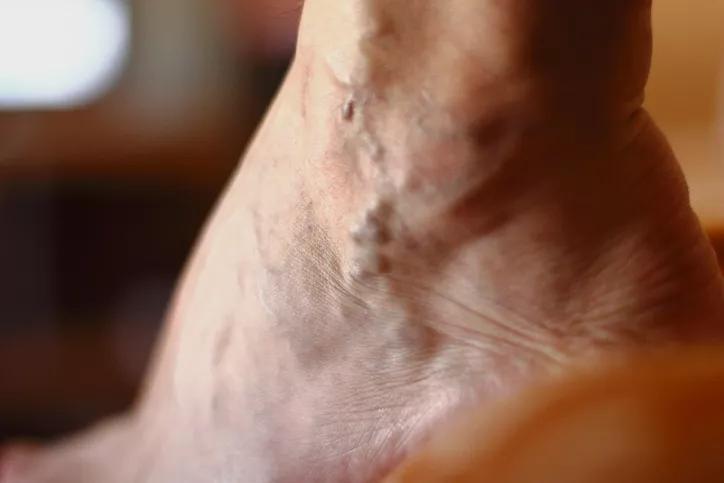
Nobody wants bulging, purple varicose veins on their legs or ankles. However, about half of adults have them, and they become more prevalent with age.
Advertisement
Cleveland Clinic is a non-profit academic medical center. Advertising on our site helps support our mission. We do not endorse non-Cleveland Clinic products or services. Policy
What causes varicose veins and what can you do about them? Many people think they know, but vascular surgeon Kathleen Boyle, DO, sets the record straight. How many of these seven myths have you believed?
“No,” says Dr. Boyle. “Crossing legs does not cause varicose veins. Neither does wearing tight shoes or tight pants — although these things can exacerbate varicose veins if you already have them.”
While increased pressure can cause blood to pool inside a vein and make the vein bulge, it’s not external pressure that does it. (Besides that, tight clothing and leg crossing produce only minimal pressure.) It’s more likely due to defective valves in your veins or weakened vein walls.
“Pregnancy can exacerbate varicose veins, but it doesn’t cause them,” says Dr. Boyle. According to the National Heart, Lung, and Blood Institute, varicose veins that become noticeable during pregnancy usually fade after delivery.
Just because your parents or grandparents had varicose veins doesn’t mean you will. Varicose veins run in the family for only half of all people who have them.
“Massage may help reduce swelling or discomfort, but will not make varicose veins go away,” says Dr. Boyle. However, there are proven ways to treat them, especially when they’re causing symptoms, such as:
Advertisement
Treatment options include sclerotherapy (injections) and laser therapy, both which can make veins disappear.
“That’s false,” says Dr. Boyle. “Insurance companies require that you try compression stockings first, before having other treatments. Also, some patients who have treatment need to wear stockings during recovery, for up to six weeks.”
“Actually, it isn’t necessary to wait,” says Dr. Boyle. “Women may benefit from having early treatment, even before becoming pregnant.”
According to Dr. Boyle, there’s no relationship between the two.
The truth is, you may not be able to avoid varicose veins. But you can delay their onset or make them less pronounced. Dr. Boyle shares two important tips:
Advertisement
Learn more about our editorial process.
Advertisement

At-home treatments and lifestyle changes may help ease the symptoms and improve the appearance of varicose veins — but they aren’t a cure

Regular exercise, an iron-rich diet, adequate sleep and bedtime routines that include a warm bath or massage may help with your kid’s RLS
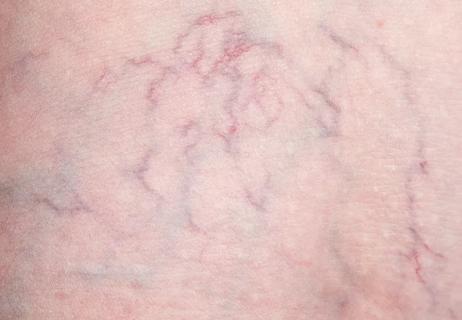
Unlike varicose veins, spider veins don't necessarily indicate poor circulation
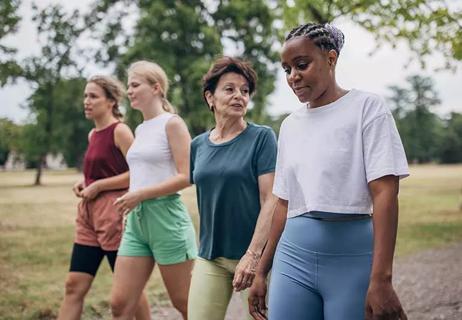
Cardio can reduce the appearance of varicose veins, but only temporarily
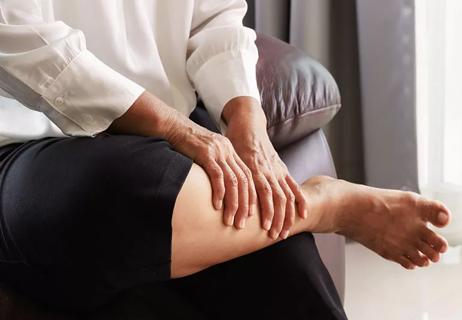
It could be your feet need a rest, but swollen legs may also be a sign of a serious condition
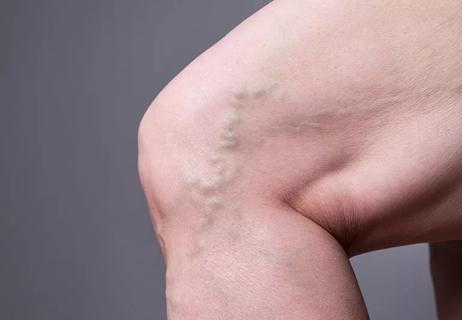
Some symptoms should be taken seriously
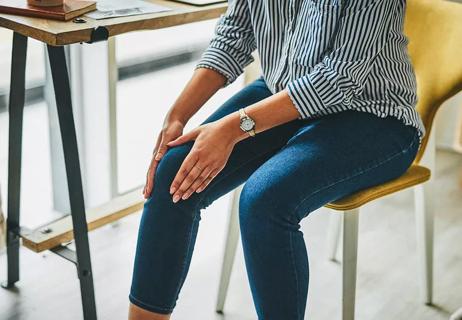
Pain may signal a damaged nerve or herniated disk
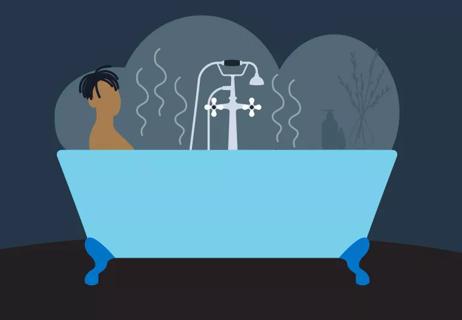
Strategies for getting the sleep you need

Leg-related symptoms indicate DVT, while chest symptoms point to a pulmonary embolism

There are many different ways to love someone and yourself

Looking down at your smartphone or computer screen can stress muscles in your neck, shoulders and back